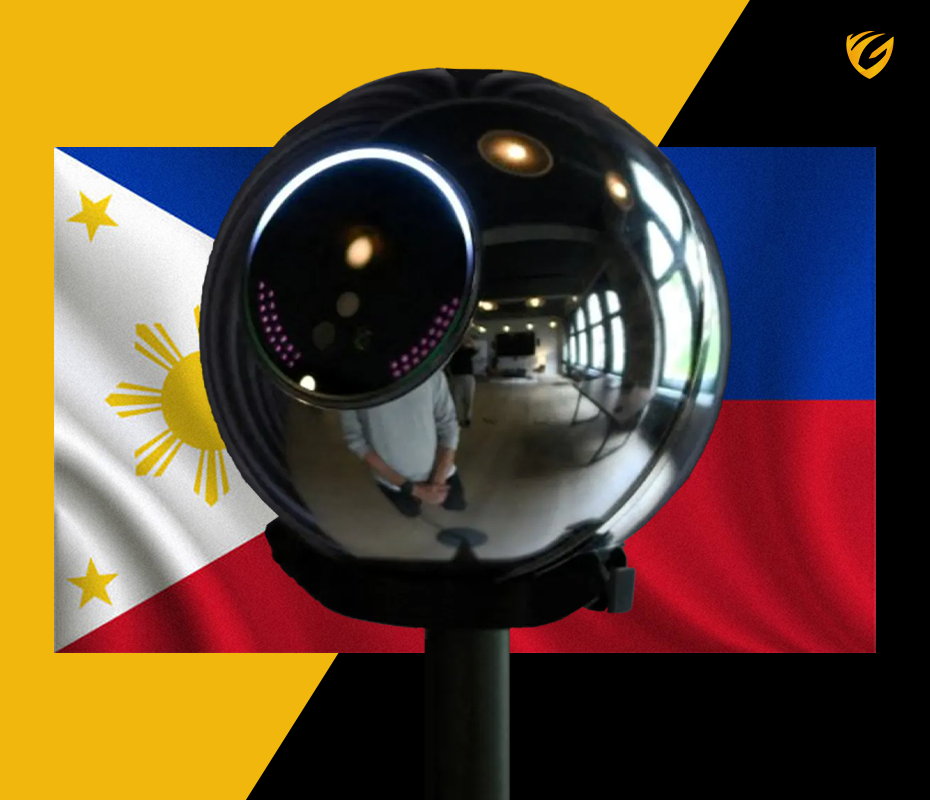Embracing AI: The Strategic Move for the Philippines’ Call Centers
By James Pebenito • October 27, 2023
Embracing AI: The Strategic Move for the Philippines’ Call Centers
A crucial moment happened in the center of the Philippines, a nation well-known for its thriving business process outsourcing (BPO) sector. A strong message was delivered in a crowded hotel ballroom with representatives from one of the biggest outsourcing service providers in the world: embrace generative AI, don’t fear it. At an industry gathering attended by almost 800 attendees, Jack Madrid, President of the IT & Business Association of the Philippines, made this audacious assertion.
Despite having a strong BPO industry, the Philippines is not exempt from the disruptive powers of AI. The nation is currently at a crossroads as a result of bots rapidly filling positions that were formerly held by call center personnel. Being able to adjust to this revolutionary technology is crucial, especially for a country like this one where the outsourcing industry accounts for almost 8% of GDP and is a major source of foreign exchange.

The Philippines’ Need for AI
Madrid emphasized how crucial it is to use AI to increase the BPO industry’s productivity and maintain its competitiveness on a global scale. “The AI train has left the station, and it’s traveling very, very fast,” he underlined. We must keep up with that pace.” This proactive stance acknowledges that AI—more especially, generative AI—is a crucial component of the industry’s future and serves as more than just a call to action.
Though some people might view AI as a threat, progressive businesses and leaders in the field are investigating its possibilities. For instance, Accenture Philippines is looking into the potential of generative AI to assist with call center operations. They are investigating the use of AI-driven “co-pilots” to help developers comprehend and write code, as well as to advise contact center agents.
The managing director of Accenture Philippines’ innovation hub, Arvin Yanson, emphasized how critical it is for the sector to keep up with advancements in artificial intelligence. He agrees that people would always be necessary in the BPO industry, despite AI’s expanding importance. Even while AI is revolutionary, it is still in its infancy and has limitations, especially when it comes to difficult and highly accurate tasks. Thus, it is decided that human oversight is required in order to examine, accept, or change the recommendations and results produced by generative AI.
Joint Government and Industry Efforts
The Philippine government is acting proactively because it understands the role artificial intelligence will play in the BPO sector going forward. An AI research center that will hire scientists to assist smaller enterprises in investigating and implementing innovative AI technologies is in the works. The purpose of this action is to guarantee that small and medium-sized businesses can obtain AI resources to stay competitive.
Industry leader Madrid is upbeat about the future of the outsourcing sector despite the obstacles posed by AI. The industry is expected to produce a fifth of the $29.5 billion in new income it aims to reach by 2028 in 2023 or 23 percent of its objective of creating 1.1 million employment. Madrid emphasizes how artificial intelligence and emotional intelligence may work together to create a powerful alliance for the future.
In the era of artificial intelligence, the Philippines’ BPO sector is always changing. However, by strategically embracing generative AI, the sector may achieve unprecedented levels of creativity, efficiency, and competitiveness. The secret to the industry’s future development and prosperity lies in this marriage of human creativity with AI technology.



